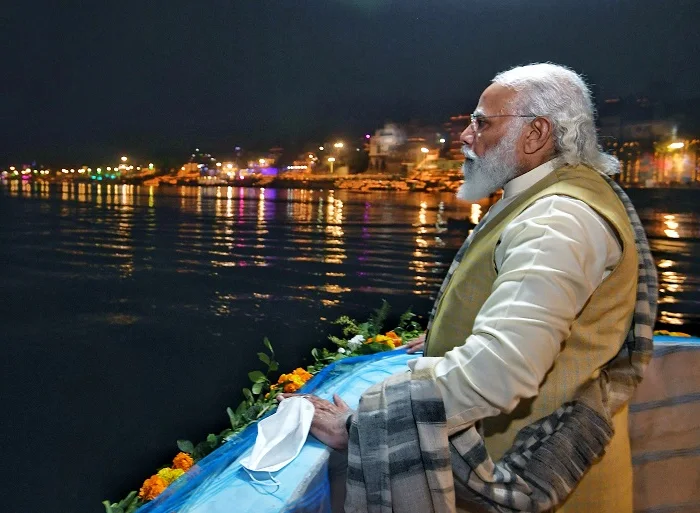The Shanghai Cooperation Organisation (SCO) will hold its 22nd Summit in the historic Uzbek city of Samarkand from Thursday. The two-day summit will be attended by Prime Minister Narendra Modi, Russian President Vladimir Putin and Chinese President Xi Jinping along with other leaders from a total of 15 heads of state and the heads of 10 international organizations.
Entire world is glued to this historic summit as leaders will discuss the bilateral, regional and global issues in a first in-person SCO Summit since the start of the Covid pandemic amid serious shifts both in geopolitics and geoeconomics due to ongoing Russia-Ukraine war, security situation in Afghanistan and disruption in supply chains due to COVID-19. In this backdrop, India’s participation is of paramount importance as it has maintained a balanced approach – well appreciated by the world leaders amid the geo-political tumult affecting the region.
This will also be a highly significant moment for India in the global arena as it will take over the rotational SCO presidency, for the first time, from Uzbekistan who is the host for this year’s historic Samarkand Summit which will conclude on Friday. SCO region has historically been an extended neighbourhood to India with central Asian countries at its core. In July, SCO Secretary General Zhang Ming announced that under a new mechanism during India’s SCO Presidency from September 2022 to September 2023, Varanasi will be the first city in the SCO region to be granted the rotating title of ‘Cultural & Tourism capital of SCO’. Prime Minister Narendra Modi has proposed many initiatives in the realm of culture for SCO including SCO Food Festival, SCO Film Festival.
In July, the SCO Secretariat also commemorated the 20 years of adoption of SCO Charter and compiled a picture album that includes about 240 World Cultural heritage sites in SCO countries which includes 32 sites from India. Mr. Zhang then said that SCO countries have rich resources, a big market and huge potential for tourism development, adding that the largest difficulty at present is Covid-19. China has still put many Covid related restrictions on international travel to China. As leaders put across the table during the summit, they are expected to discuss the ways to revive the post-COVID mobility and tourism sector which is a major driver of the service sector economy among others.
India has always maintained deep cultural and economic ties with the region and is an important stakeholder in the security architecture and development initiatives in the region. The region also has importance for India from the strategic perspective and from the point of view of energy supplies. In recent years, India has deepened its relations in the region with many connectivity projects like International North South Corridor, Ashgabat Agreement and Chabahar port in Iran along with other capacity building initiatives in central Asian countries.
It’s also important for India as many Middle East countries’ leaders are also attending. Major developments concerning the Middle Eastern bloc are expected at that, with Iran to be elevated as a full member. Egypt, Qatar and Saudi Arabia are expected to be formally introduced as dialogue partners with a view to later full membership.
The Beijing based SCO is made up of China, Russia, India, Pakistan, as well as four central Asian countries — Kazakhstan, Kyrgyzstan, Uzbekistan, and Tajikistan. SCO is known as world’s largest and most populous regional institution, covering approximately 60% of the area of Eurasia, 40% of the world population, and more than 30% of global GDP. This is an influential grouping which, according to media reports has total trade value of a whopping $6 trillion in 2020 among the member states, increased from just $667 billion in 2001. During the Summit, the leaders are expected to review the organization’s activities over the past two decades and discuss the state and prospects of multilateral cooperation. Topical issues of regional and global importance are also expected to be discussed at the meeting.
Also Read: The Samarkand SCO Summit: Will it remove hurdles blocking Eurasia’s rise?




















